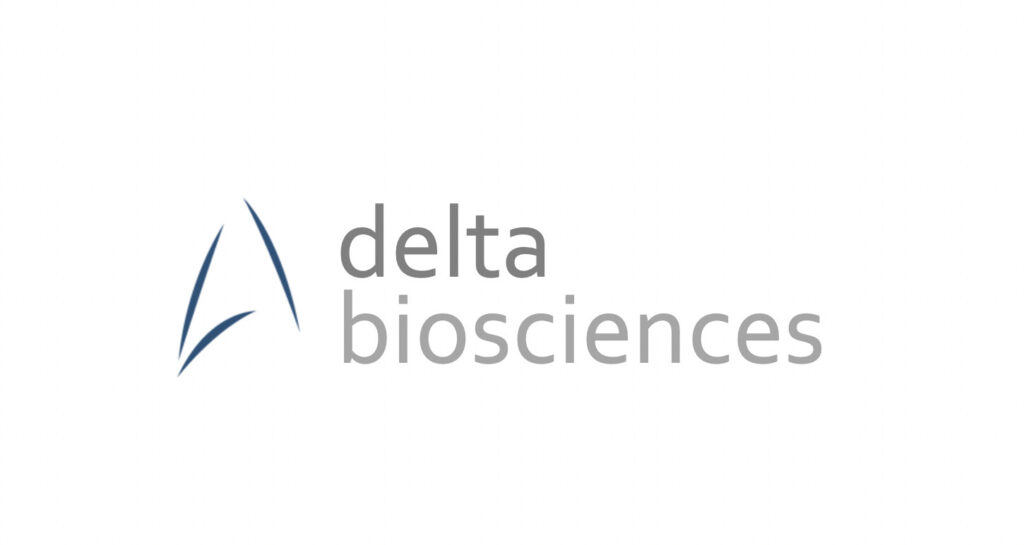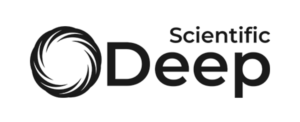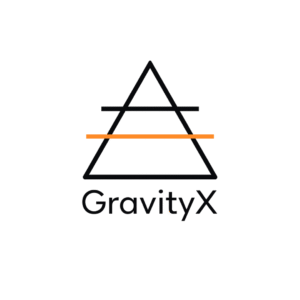WE BELIEVE IN SPACE
Incubated start-ups
current esa bic participants
Low-Swap Lasers for Advanced Space Situational Awareness
Aktyvus Photonics aims to become a leading provider of laser technology for situational awareness systems in space. Its compact DPSS laser technology enables the downsizing of LIDAR systems, making them accessible to smaller platforms and expanding the application of Rendezvous and Proximity Operations (RPO). During the incubation period, Aktyvus Photonics will refine its laser performance for space applications while establishing new research and commercial partnerships to drive innovation and market adoption.
Radiation Simulation Algorithm
Delta Biosciences is innovating at the intersection of medicine & space. The company develops space radiation countermeasures: to protect astronauts and extend the shelf-life of critical payload. During incubation, their team is developing a simulation solution to predict the chemical degradation caused by space radiation.
VRA Seeding Module
AgroSync is company developing a satellite crop analysis platform, designed to monitor crop health, manage resources with data-driven improvement strategies, and optimize yields with precision tools customized to farm needs. During the incubation perios, the company aims to develop the Variable Rate Application (VRA) Seeding Module to optimize seeding density based on field-specific conditions like soil fertility, moisture levels, and topography. The module will use satellite data to provide precise, data-driven recommendations.

Monitoring Solution for Sustainable Farming and Carbon Sequestration
Spatialis develops a platform called CARBOS to enable investment companies to monitor sustainable farming practices and assess carbon sequestration potential. The platform includes applications for tracking carbon sequestration, continuous monitoring of on-farm activities, and generating reports on carbon storage, crop health, and soil conditions, all utilizing satellite imagery for effective and timely oversight.
Underwater Positioning System
Unmanned Dynamics aims to address the challenge of inaccurate and costly underwater positioning systems for autonomous underwater vehicles (AUVs). They develop a solution, utilizing the Galileo constellation, to offer a more efficient and cost-effective method for autonomous navigation and geotagging of AUV imagery.
Miniaturised In-site CO2 Transformation
Deep Scientific deveops a portable device that converts CO2 into chemicals of need (e.g. ethanol, methanol, formic acid, syngas, ect.), addressing astronauts' self-sufficiency during space missions as well as environmental sustainability on Earth.
Hall Electric Thruster for Micro and Nano Satellites
Uvireso develops new hall electric thruster for micro and nano and micro satellites. The distinctive feature of the thruster is use of metal propellant, which will substantially increase satellite mission duration on decrease thruster section size allowing for higher payload ratio.

